From Idol Managers to Money Pastors
The prophet Isaiah is a literary genius in describing the irony of making idols out of ordinary things.
Imagine this scene: a blacksmith takes a tool and works with it in the coals. He shapes an idol with hammers. He forges it with his strong arms but gets hungry and loses his strength; he drinks no water and grows faint.
Or a carpenter cuts down cedars and takes some of the wood and warms himself, kindling a fire and baking bread. But he also fashions a god and worships it; he makes an idol and bows down to it. He prays to it and says, “Save me! You are my god!”
Each craftsman takes a common object, and, using tools, creates an idol. The idol doesn’t give the blacksmith anything, but rather takes his strength. The carpenter likewise receives nothing from his idol—in fact, he didn’t even stop to think if he should “bow down to a block of wood” (Isaiah 44:19).
Isaiah cleverly manages to highlight the absurdity that the same wood that burns for heat or the lump of metal forged in a simple fire could also be a god. (You can read the full biblical narrative here: Isaiah 44:9-19.)
We easily recognize how absurd it is to create a god, an idol that we worship, out of ordinary materials like a piece of wood or metal. Are we blind to the fact that our culture promotes something just as absurd—could money, riches, and wealth be the common object that we have turned into an idol?
Our worship of these false god is obvious. Just look at the trillions hoarded in retirement accounts without any consideration of using the resources to advance God’s Kingdom or to make disciples in dark places.
So before we ridicule the craftsmen for their ignorance, we need to turn the spotlight on ourselves and see the ways in which we may be doing the same thing.
God and Mammon
Jesus confronts his listeners with this very type of idolatry: love of money, also called mammon. He says, “No one can serve two masters; for either he will hate the one and love the other, or else he will be loyal to the one and despise the other. You cannot serve God and mammon“ (Matt. 6:24, NKJV).
The word mammon encompasses the actual tangible asset—money—and the factors that influence our relationship with, beliefs about, and attitude towards that asset. Like the writer of Proverbs who personifies wisdom as a lady, Jesus uses mammon as the personification of wealth, money, riches, or capital.
‘Idolatry management’
There is an industry in the modern world that is called one thing, but might be something else entirely: wealth management. In general, wealth managers use a variety of products and strategies to create customized plans for their clients.
Jesus never says a person can’t have both God and money, but he makes clear that person can’t serve both God and money, or mammon. He implies that the influence of riches will vie for supremacy over God. It’s quite possible, then, that many wealth managers are managing more than just someone’s wealth—they are managing someone’s idol.
I recently had a conversation with a fellow financial advisor, a man with similar experience and success in the field of advising as me, and he said, “To a large extent, what I’ve done is not ‘wealth management’ but ‘idolatry management’.”
Those words pierced me but what he went on to say became even more sharp: ”I’ve collaborated.” He was admitting to me that many financial advisors, even those of us who are Christians, have collaborated in helping people create, sustain, and bow down to idols.
But not any more.
Becoming money pastors: breaking idolatry and promoting worship
There is a new path forward for helping people manage their wealth without being collaborators in the evil influence of mammon.
Instead of providing advice, guidance and counsel primarily to increase our client’s net worth, I, my friend, and other like-minded professional advisors should disciple our clients into a proper biblical perspective of wealth. We should view ourselves as “money pastors.” In this role, we can help to break idolatry and even promote worship through holistic resource management that accomplishes God’s eternal purposes, not just temporal financial goals.
We have an opportunity to throw off the entangling influence of mammon and guide people to fulfill their call to be God’s steward investors.
